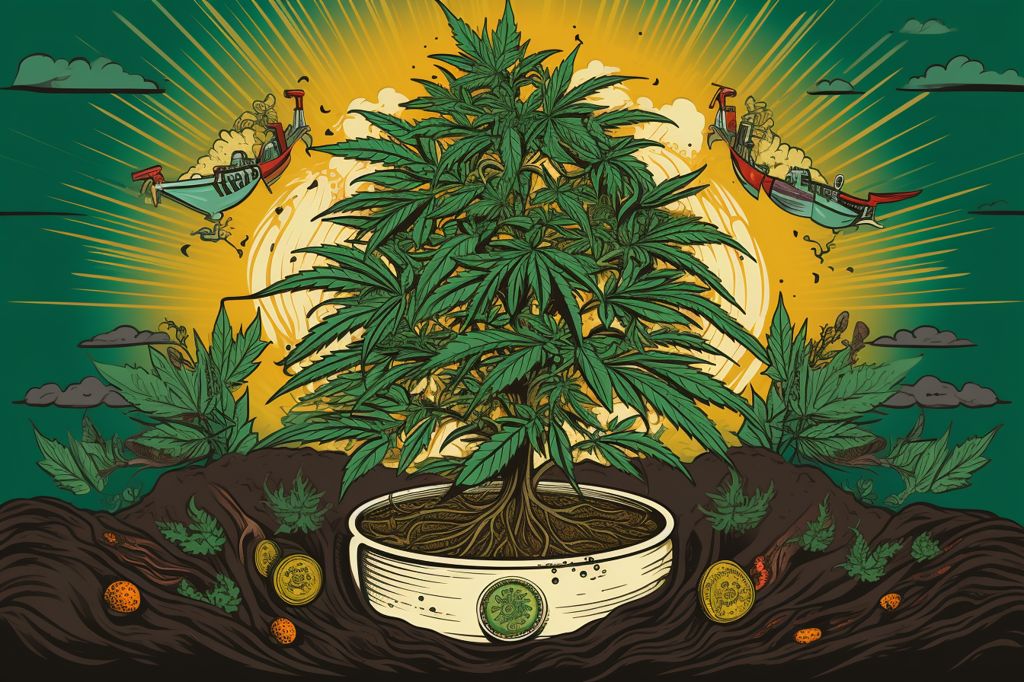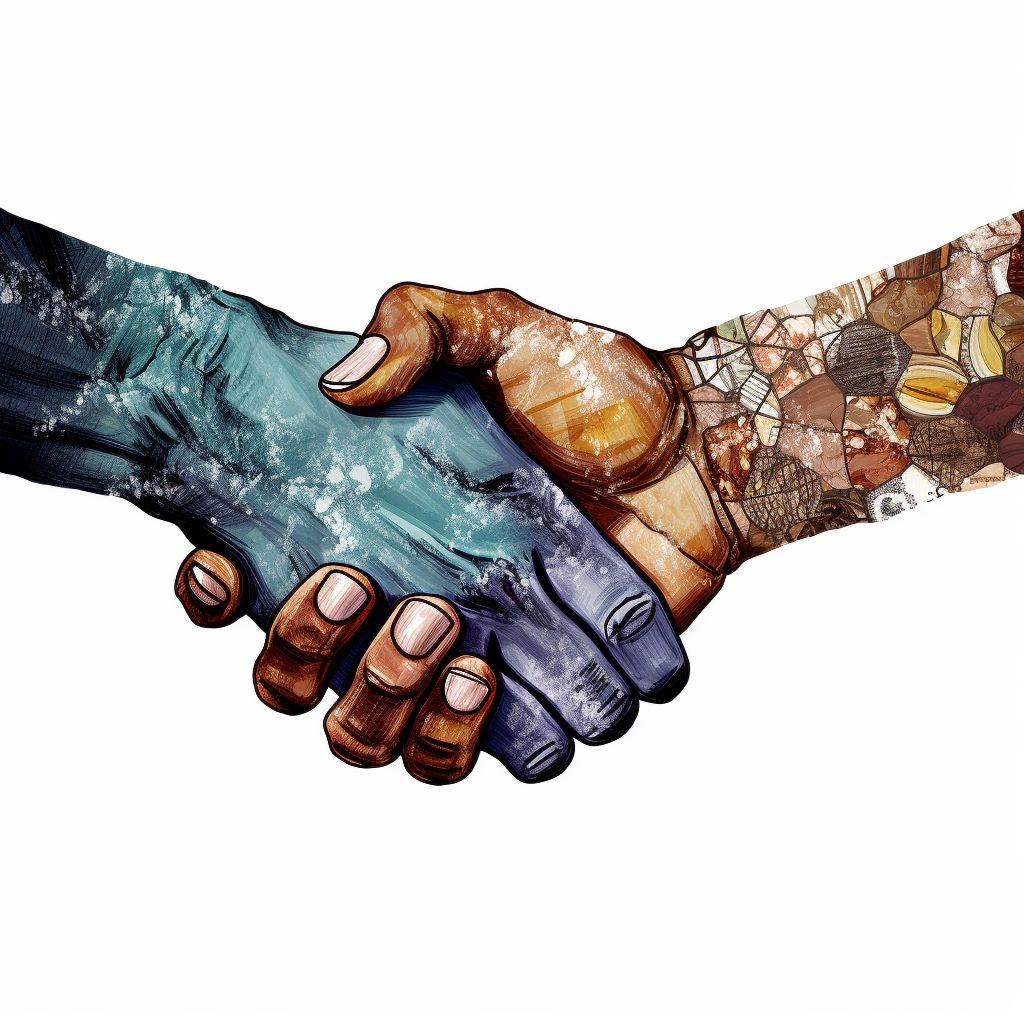The South African government, in partnership with the Department of Agriculture Land Reform and Rural Development (DALRRD) and the Presidency, recently hosted a pivotal Phakisa Action Lab to address the untapped possibilities inherent in the cannabis and hemp sector.
Developing a Coherent Policy
Recognized as one of the fourteen priority sectors in the country’s investment strategy, this industry holds significant potential for job creation, rural livelihood sustenance, and the recognition of human rights. The Phakisa Action Lab convened more than 100 individuals, including government representatives, traditional and Rastafari leaders, scientists, legal professionals, and other stakeholders, to develop a coherent policy that supports industry growth.
Regulatory Reform
As a result of the Action Lab, participants achieved consensus on necessary regulatory reforms to facilitate the development of the cannabis and hemp sectors. By unlocking the potential of cannabis in various applications – from African traditional medicine and pharmaceuticals to industrial uses – the Phakisa participants envision a thriving industry.
Key Resolutions
One pivotal resolution from the Phakisa Action Lab involved the review of schedules in the Medicines Act, allowing further development of non-medicinal cannabis products. Consequently, the South African Health Products Regulatory Authority (SAHPRA) will oversee medicinal cannabis, and other government departments will regulate its industrial applications.
The Phakisa participants also sought to expedite the removal of cannabis from the Drugs Act, a historic decision that would legalize non-medicinal cannabis cultivation under the Plant Improvement Act, overseen by DALRRD.
Positive Impact
Tony Ehrenreich, a labor representative, applauded the Phakisa outcomes, emphasizing the potential for job creation and industrial growth. Additionally, Nhlanhla Ndlovu, a community representative, expressed his satisfaction with the Phakisa outcomes, highlighting the positive impact on relationships between the state and various communities involved in the cannabis and hemp sectors.
Investment Promotion
The Phakisa Action Lab concluded with an agreement on measures to promote investment in the sector, including scaling up support for existing Department of Science and Innovation (DSI) and Council for Scientific and Industrial Research (CSIR) projects, securing an optimal financing framework, deploying investment promotion and export support initiatives, and working with provinces to ensure alignment across government.
As South Africa embraces the potential of the cannabis and hemp industries, the Phakisa Action Lab’s outcomes represent a significant step toward an inclusive and prosperous future. By fostering collaboration among stakeholders and prioritizing regulatory reform, the nation is poised to capitalize on the vast opportunities present within this burgeoning sector.








